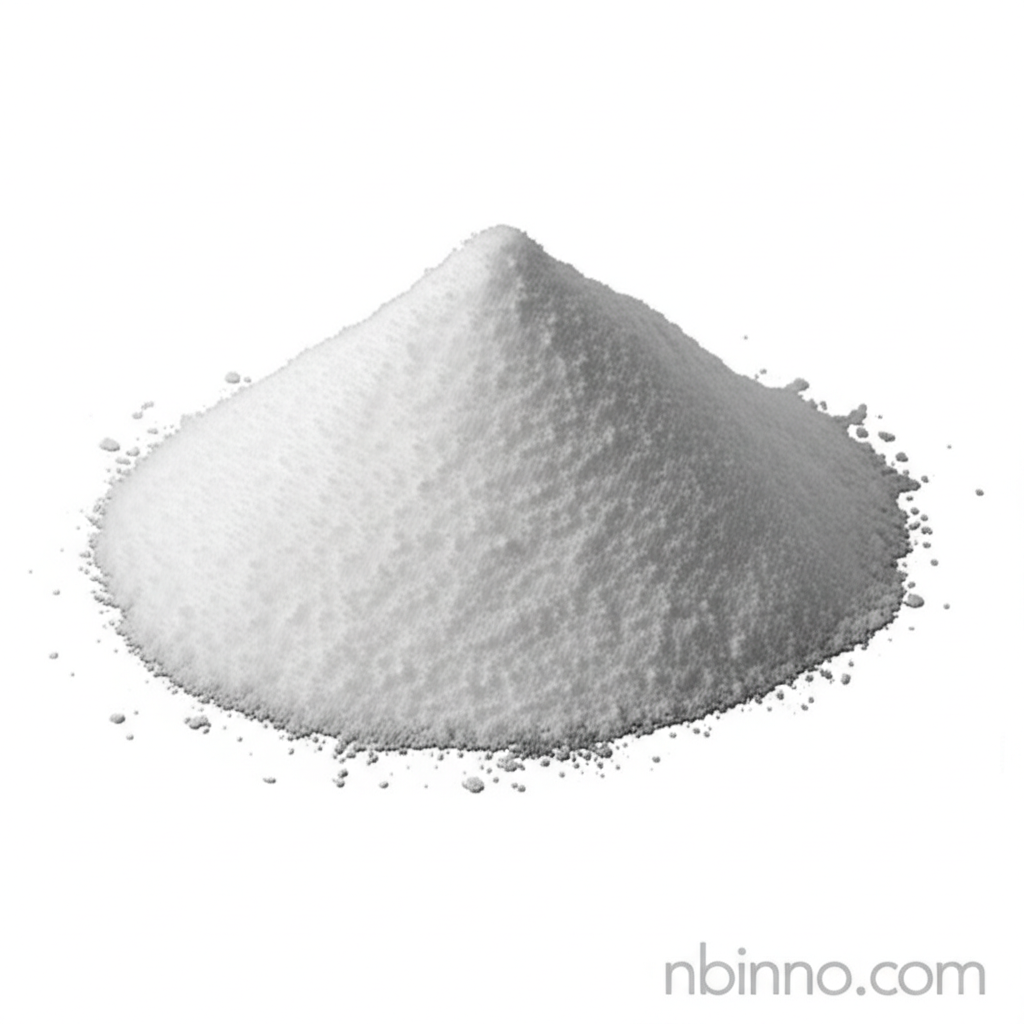Microcrystalline Cellulose: A Versatile Pharmaceutical Excipient
Discover the essential roles of MCC in pharmaceuticals, food, and cosmetics, from tablet binding to texture enhancement.
Get a Quote & SampleProduct Core Value

Microcrystalline Cellulose Powder
Microcrystalline Cellulose (MCC) is a refined plant-derived powder renowned for its exceptional properties as a pharmaceutical excipient. Its high compressibility and binding capabilities make it indispensable for tablet manufacturing, ensuring robust dosage forms that facilitate effective drug release. Beyond pharmaceuticals, MCC serves as a versatile ingredient in the food and cosmetic industries, offering benefits such as bulking, anti-caking, and texture modification.
- Explore the critical role of MCC as a binder in tablet formulations, ensuring cohesion and stability with its exceptional dry-binding properties for direct compression processes.
- Understand how MCC functions as a disintegrant, facilitating rapid tablet breakdown and enhancing drug release and bioavailability for more effective medications.
- Learn about the diverse applications of MCC beyond pharmaceuticals, including its use as a filler, bulking agent, and texture modifier in food production and cosmetic products.
- Discover the safety and cost-effectiveness of MCC, a widely accepted ingredient across industries, making it a reliable choice for various formulations and a key element for microcrystalline cellulose benefits.
Key Advantages of Microcrystalline Cellulose
Superior Compressibility & Binding
MCC's plastic deformation under pressure creates strong interparticle bonds, leading to tablets with excellent mechanical strength, crucial for direct compression excipient applications.
Enhanced Drug Release
As a potent disintegrant, MCC promotes rapid tablet breakdown, which in turn improves the dissolution of active ingredients, thereby optimizing MCC disintegrant properties.
Versatile Industrial Applications
From pharmaceuticals to food and cosmetics, MCC's inert nature and texture-modifying capabilities make it a staple ingredient, showcasing the broad uses of microcrystalline cellulose in food and other sectors.
Key Applications
Pharmaceutical Manufacturing
MCC is a cornerstone excipient for tablet production, acting as a binder, filler, and disintegrant to ensure efficient drug delivery and a reliable pharmaceutical excipient supplier.
Food Industry
Used as a bulking agent, anti-caking agent, and stabilizer, MCC enhances the texture and shelf-life of various processed foods, contributing to food additives and ingredients innovation.
Cosmetic Formulations
In cosmetics, MCC functions as an abrasive, absorbent, and texturizer, improving the feel and performance of skincare and makeup products, highlighting its role in cosmetic ingredients.
Dietary Supplements
MCC serves as a binder and filler in supplements, ensuring consistent dosing and easy swallowability, making it a popular choice for those looking to buy microcrystalline cellulose powder.
